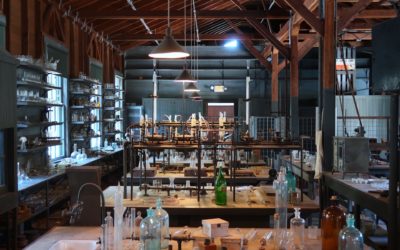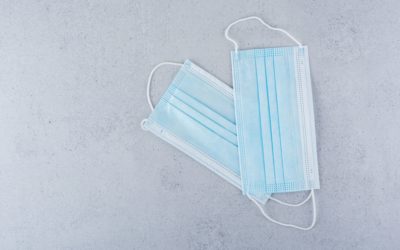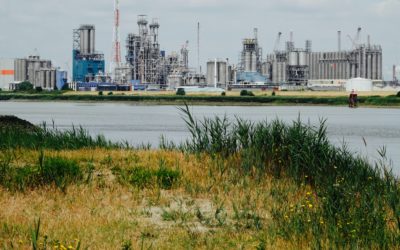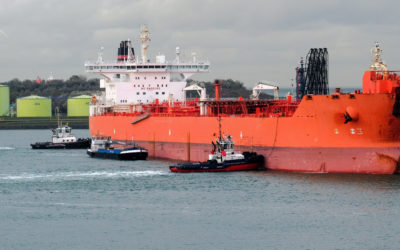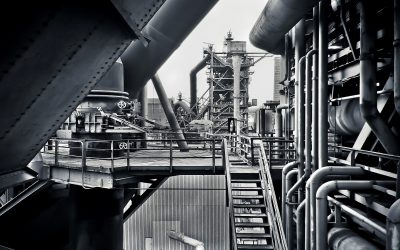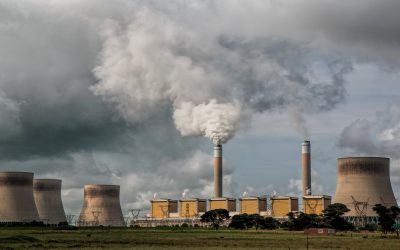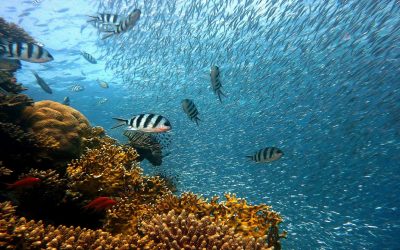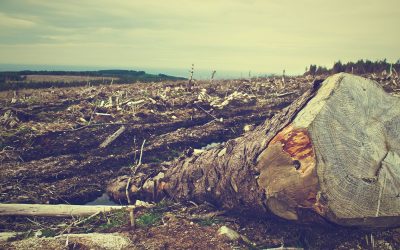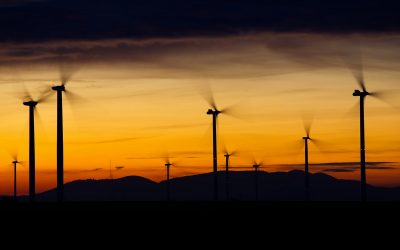CARTIF PROJECTS
LIFE LANDFILL BIOFUEL
New landfill exploitation techniques to improve biogas production and facilitate waste gas recovery
Description
The aim of LIFE LANDFILL BIOFUEL is to demonstrate the technical performance of a cost effective solution based on the implementation of new exploitation techniques of the waste cells to enhance the biogas production and off-gases recovery from landfills together with an innovative biogas upgrading technology consisting on Vacuum Pressure Swing Adsorption (VPSA).
This new process will produce an alternative biofuel (1,584 million m3/year of biomethane) from a ground-breaking sustainable source as landfills, improving air quality and contributing to a sustainable road transport mobility. The demo plant at pre- industrial scale is in Alhendín (Granada/Spain) and will have an input of biogas extracted from the landfill of 378 m3/h– 1/4 of an industrial scale producing an output of 200 m3/h of biomethane.
Objectives
-
Significant reduction of air pollutants generated by RNG and CO2 emissions compared to diesel vehicles.
-
Increase the enrichment of biomethane (up to 96,7%).
-
Enhance of biogas recovery from landfills (+7%).
-
Supplementary business model to commercialize the biomethane.
-
5 full time and 8 part-time jobs during the demo.
-
To plan replication to 2 landfills in Europe.
-
To foster deployment of the new circular approach in EU.
Actions
- Characterization and optimization of recovery of landfill biogas.
- Design, construction and operation of a biogas upgrading plant to obtain high purity biomethane.
- Demonstration of technology by use of the biomethane in transport and injection in the NG grid.
- Development of the replication and transferability plan.
- Monitoring of the technical-environmental and socio-economic impact of the project.
- Dissemination of results and networking with other projects.
Expected results
- Demonstration of VPSA technology to valorize landfill gases and produce biomethane for use in transport and injection in the NG grid.
- Design, construction and operation of an up-grading biogas plant with VPSA technology (capacity: 378 m3 / h and production of 200 m3 / h of biomethane) at the FCC S.A facilities in Granada (Spain).
- Improvement of air quality, sustainable mobility by road. Contribution to the progressive de-carbonization of the industrial / transport sector.
Partners:
LIFE PROGRAMME
ENV/ES/000256-LIFE LANDFILL BIOFUEL

Total budget: 4.674.626 €
Contribution:2.446.777
Duration: 01-JUL-2019 to 30-JUN -2023

Responsible
Raúl Piñero Hernanz
Division of Agrifood and Processes
Networking
Biotechnology projects:
CO2SMOS
CO2SMOS project propose an innovative solution to develop new technologies based on processes for the conversion of biogenic CO2 and renewable raw materials into high value-added (bio)chemical products for chemistry sector and bio-based industries.
Renewable hydrogen and natural gas production and storage
The project focuses on the development of an integrated process for the production of green hydrogen and hydrogen carrier molecules (energy carriers) for use as renewable fuels to replace current fossil fuels.
H2METAMO
H2METAMO focuses on the development of compact and efficient plants for the generation of hydrogen carrier molecules. It has two main lines: one to generate methane and one to produce ammonia.
WoodLi
WoodLi project focuses on the development of bioadhesives for use in the manufacture of wood-based panels used, among others, in the construction sector. The bioadhesive of the WoodLi project will differ from commercial adhesives in that it will be of renewable origin and will not present toxicity problems
VALOMASK
VALOMASK project aims at the design and development of sustainable management of single use face masks in the context of the COVID-19 outbreak. The initiative arise due to the exponential increase in medical waste generated during the pandemic.
FRONTSH1P
Frontsh1p will contribute to further the green transition in the Polish region of Lódzkie. A region that on the one hand, traditionally heavily relies on coal extraction, and on the other hand, has pioneered circular (bio)economy since the early 2000s. The region has always been in the forefront of innovation and has become one of the leading regions in the field of circular economy.
CATCO2NVERS
Reduce GHG emissions from the Bio-Based Industries by developing 5 innovative and integrated technologies based on 3catalytic processes. It will transform waste CO2 from 2 bio-based industries into 5 added-value chemicals: glyoxylic acid, lactic acid, furan dicarboxylic methyl ester…
DELOREAN
DELOREAN aims to obtain new raw materials from the treatment of waste generated in a critical sector in the región, the automotive industry. The three wastes investigated (tires, lubricating oils and polypropylene) are generated in high quantities and their polluting nature makes it necessary to develop new ways for their management and use.
BioSFerA
BioSFerA aims to develop a cost-effective interdisciplinary technology to produce sustainable aviation and maritime fuels. The overall process, combining thermochemical, biological and thermocatalytic parts is based on the gasification of biomass and other biogenic waste and the 2-stage fermentation of the produced syngas.
BIOMOTIVE
The BIOMOTIVE project aims to demonstrate the production of new high-performance biomaterials (thermoplastic polyurethane, foams and fibres) for the automotive sector, with the objective of revolutionising the market.
ZEOCAT-3D
The ZEOCAT-3D project addresses the conversion of methane, from natural gas and biogas, into aromatic hydrocarbons of high added value and easily transportable
REPLACE
REPLACE aims at developing new methodologies to try to solve a critical environmental problem, the destruction of plastic wastes proceeding from petroleum.
LIFE BIOMASS C+
LIFE Biomass C+ aims to demonstrate improvements in climate mitigation strategies through the production of sustainable biofuel.
AQUAMUNDAM
AQUAMUNDAM pursues an improvement in the sustainable management of the integral water cycle, for this the development and demonstration of both methodologies and a modular information system that facilitates inter-administrative communication and of different agents with competence in the integral management of water is contemplated
REHAP
REHAP aims to strengthen the European bio-economy industry by creating novel materials from agricultural and forestry waste, and considering how they can be used commercially in the green building sector.
VALOR-PLUS
The VALOR-PLUS supports the realisation of sustainable, economically viable closed loop integrated biorefineries through the development of new knowledge, (bio-)technologies and products that enable valorisation of key biorefinery by-products.
BIOREFINERÍA FT
The FT BIOREFINERY Project consists in developing a technology that allows obtaining 2nd generation liquid biofuels (synthetic diesel) and electrical energy, through the application of gasification and co-gasification processes, of different types of solid and / or liquid waste ( herbaceous biomass, lignocellulosic, glycerin, etc.)
BIORECOS
The BIORECOS Project aims to design and build a demonstration plant of a modular nature that allows, through pyrolysis, the production of charcoal and / or active coal, as well as the generation of electrical energy.







